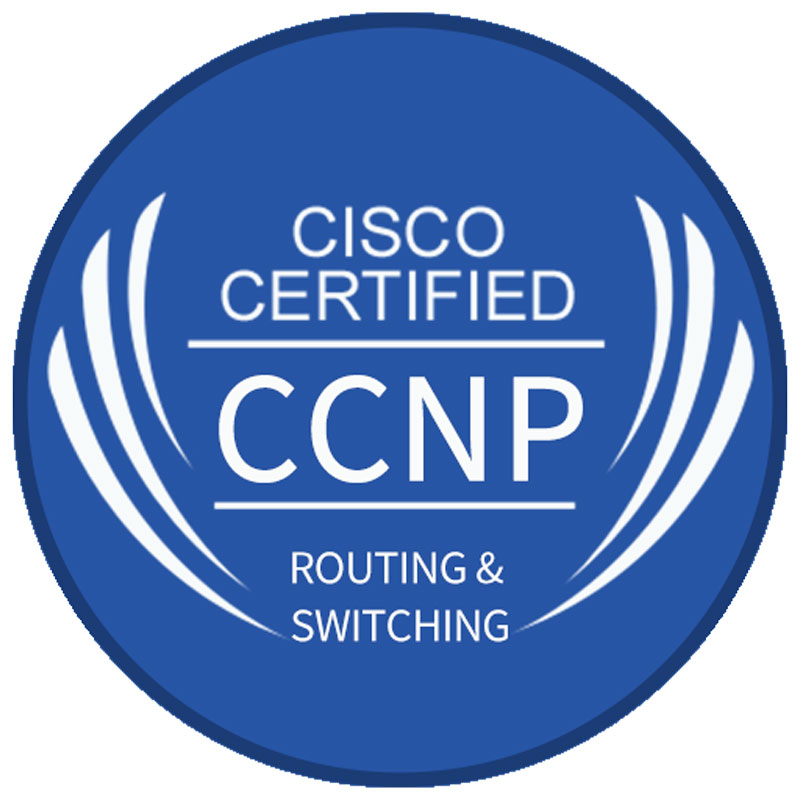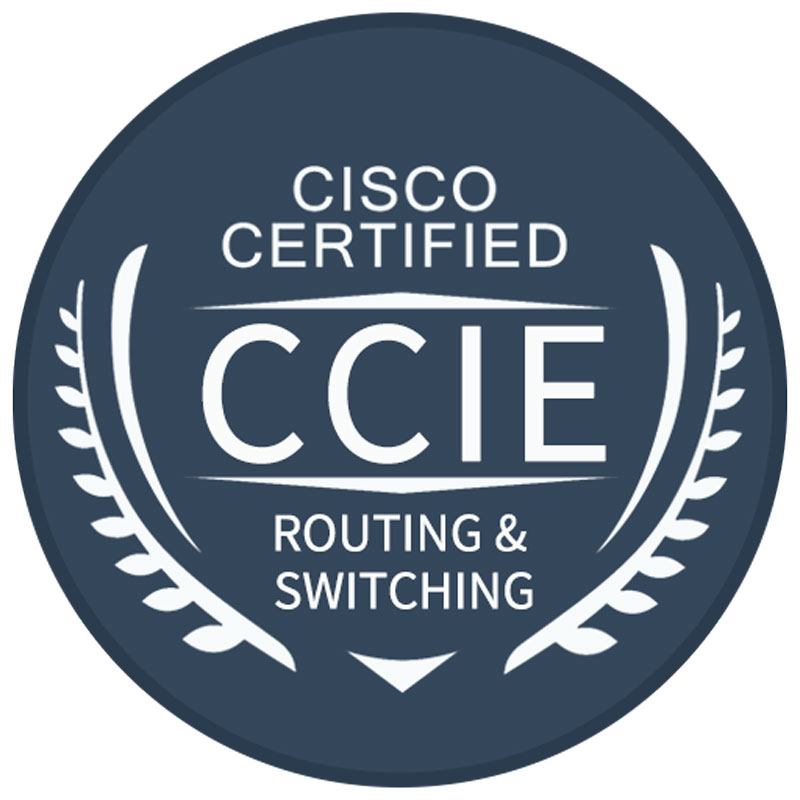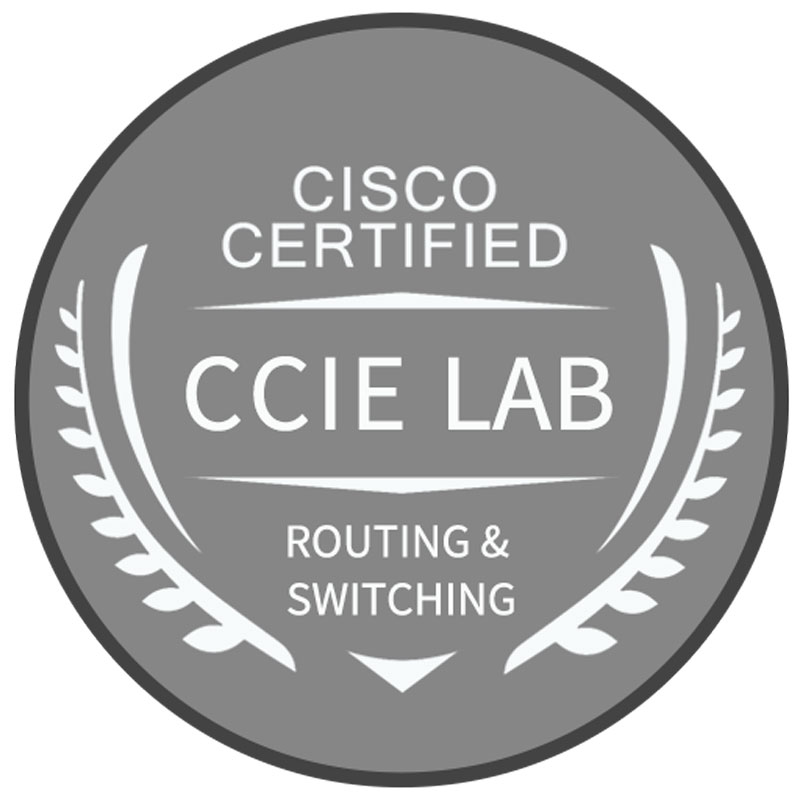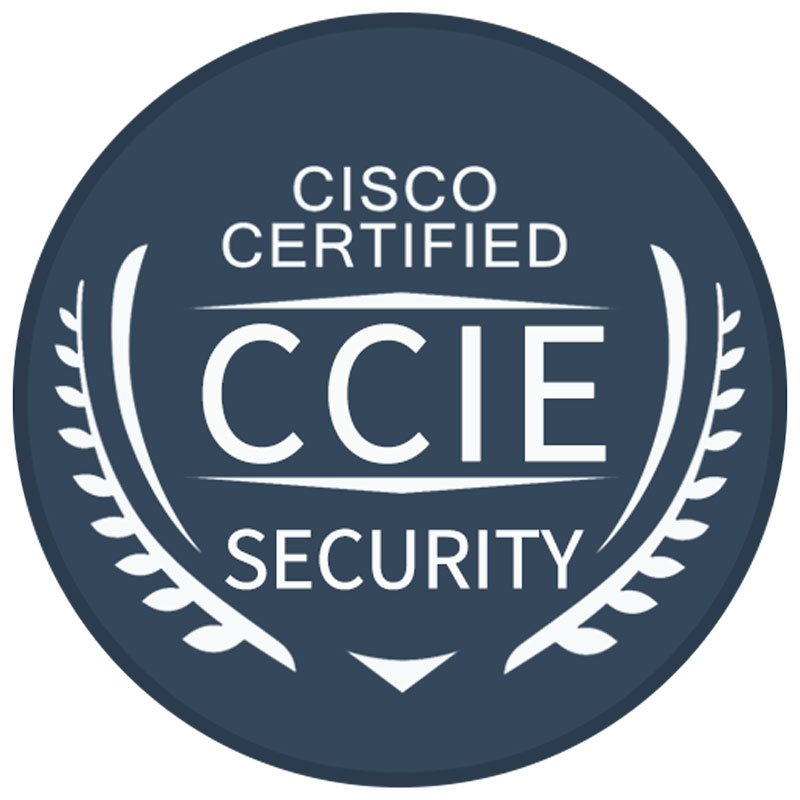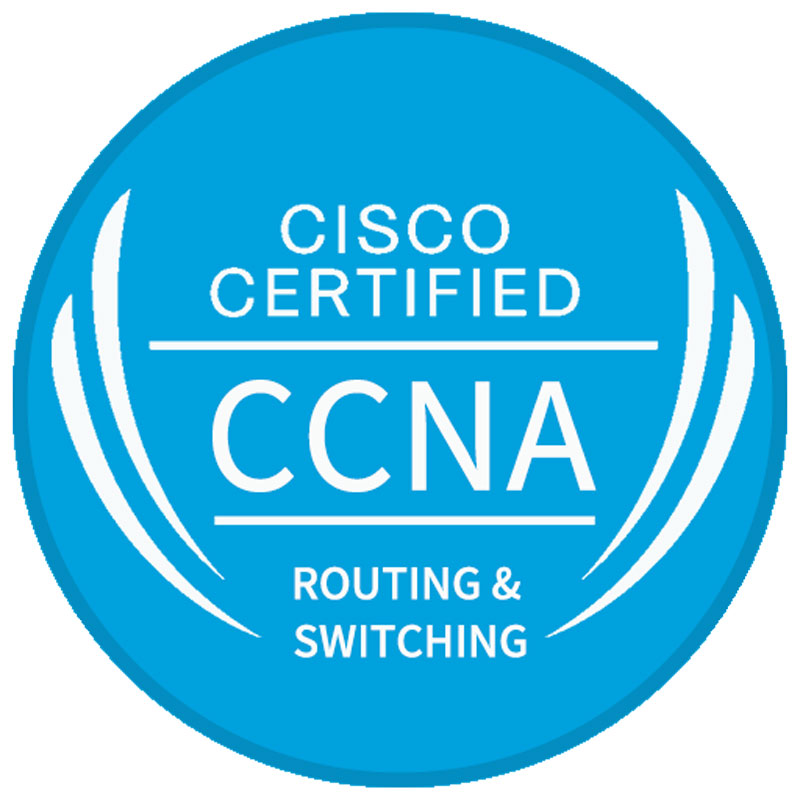Free Cisco Written Dumps
For Top 50 Purchases 01:59:56
X
- 638 Reviews
ccnp troubleshooting study guide
In the above output, the metric part of the red bold is the IGP metric that reaches the NEXT_HOP attribute address locally . We find that from R3 and R5 , the metric is 2 , then if we connect R4 to the interface of R3 , that is, F0/ 0 port OSPF
Neighbor 10.1.12.2 advertise-map RP1 non-exist-map RP2
WORD
Based on the above experiment, R1 passes the 11.11.11.0/24 route to R2 , carrying the community value of 100:11 . This value can be matched on R2 using ip community-list , which can be further used in route-map . This community-list goes to set the policy. We now R2 on a community-list to match the 100: 11 , a notification to add no-export the community to the route.
Configure the maximum number of secure addresses allowed for Port-Security .
Classification of path attributes:
The BGP configuration of R2 is as follows:
Cisco Express Forwarding
Solution 1 , modify the default AD value of BGP so that its EBGP route AD value is greater than RIP to achieve the preferred purpose, but this solution may not be appropriate, because he will have an impression on all BGP routes, if only hope for 1.1.1.0 And 2.2.2.0 has an impact?
Sign
Disable port
Class and classless route lookup mode 9
R3 and R4 , R4 and R5 establish IBGP neighbor relationships, and R3 R4 R5 uses LOOPBACK as the update source and refers to the neighbor .
The configuration of R2 is as follows:
?
R1#show ip cef 2.2.2.2 internal
Note: RR only creates or updates CLUSTER_LIST when the route is reflected . In the following cases, the RR does not create this attribute:
The route closest to BGP NEXT_HOP is preferred , and the route is the route with the smallest IGP metric to the next hop router .
*> 11.11.11.0/24
Portfast,uplinkfast, backbonefast
Length : indicates the full length of the BGP packet, including the header.
200 i
Fine routing
10.1.13.3
Topology change mechanism (detection)
10.1.34.0 is directly connected, Serial0/1
Untitled-1
Fast Switching
2
Paths: (2 available, best # 2, table Default-IP-Routing-Table) Flag: 0x820
The default priority is 32768, and the range is 0-65535 . The first 4 bits are the priority . The last 8 bits are used as the system id . The smaller the better , the multiple of 4096 .
Vlan range and mapping
Paths: (2 available, best #2, table Default-IP-Routing-Table) Not advertised to any peer
Y
?
Isolated
Set comm-list del delete route-map test permit 20
The router goes to update the route of 3.0.0.0
R4#sh ip bgp
R2 , R3 , aiming RIP create static routing domain summary route, point null0 , while only these static routes redistributed into OSPF , and indeed can play a sub-optimal paths to avoid the question, but:
Route 2 : the AS_PATH : 500 the MED : 100 Internal RouterID : 172.16.8.1
Metric problem
R1 and R2 run IBGP , use LOOPBACK as the update source, and refer to neighbors . R2 and R3 are EBGP relationships. R3 announces 3.3.3.0/24 into BGP , and configures next-hop-self for R1 on R2 .
Experimental example: Calling in the distribution list
1-9, 11-4094
If the static keyword is not used , the ARP packet will be matched by the ARP ACL . If there is no match, the DHCP snooping database security entry will be checked again. If there is a valid entry, the data will be released. If not, discard it.
Default 30s ,ccnp troubleshooting study guide, RIP update cycle
Let's take a look at the role of these well-known values of community :
The above four types are distinguished by the type code in the AS_PATH attribute. For the two federally unique AS_PATH types, please refer to the “Federal” section of this document for details. How do you understand the first two AS_PATHs ?
16 bytes
R2(config-router)# distribute-list 1 in fa0/0
100
Metric
If R1 starts auto-summary and introduces 1.1.1.0/24 in the way of re-distribution direct connection , the subnet will be automatically summarized to R2.
R2(config)#router ospf 1
The secondary VLAN is mapped to the SVI interface of the primary VLAN , allowing for Layer 3 switching of pVLAN ingress traffic.
R1(config)# access-list 1 deny 192.168.3.0 R1(config)# access-list 1 permit any R1(config)# router ospf 1
Vlans allowed and active in management domain
Note that this time you add the extend keyword in the send-community
If R1 turns on auto-summary and network 1.0.0.0 , R2 can learn summary route 1.0.0.0/8
Port
We restore the experimental environment to the basic configuration: BGP neighbor relationships are as follows
When the interface is up/down , all dynamically learned MAC address entries will be cleared. The statically configured secure address entries remain.
It can be seen that since we configured the summary, the as-set keyword was used to make the summary route inherit the detailed partial path attribute. Therefore, the generated summary route still retains the aggregate attribute, but there is no atomic-agg attribute. Obviously this attribute It is no longer necessary in the case of the as-set keyword.
Between R1 and R2 , the original R3 and R4 are updated through a multi-access network, and BGP is run .
Origin IGP, metric 0, localpref 100, valid, external, multipath
Experimental verification 82
Vlan 100
Vlans allowed on trunk
After completing the configuration, R2 show ip route
BGP filter
The RID is the largest IP address on the router and tends to be assigned to the loopback address. It can also be set manually by the bgp router-id command. If a path contains an RR attribute, the route generator ID ( originator ) will replace the RID in the optimal path selection process.
ccnp troubleshooting study guide
Here is the most accurate CISCO CCIE WRITTEN exam questions and answers. All study materials need to be carefully selected by professional certification experts to ensure that you spend the least amount of money, time, and pass the high quality exam. There is also a professional service team that can customize your study plan for you to answer all your questions, PASSHOT's CCIE Written Dumps is definitely the biggest boost for you to test CCIE that helping you pass any Cisco exam at one time.
CCNP Routing And Switching Written Dumps
Exam Code: 300-101、300-115、300-135
Certification Provider: Cisco
Certification Exam Name:CCNP Routing and Switching
Update Date: Feb 13,2026
Numbers of Question & Answers
CCNP Routing And Switching Written Exam
Exam Number : 300-101 ROUTE
Associated Certification : CCNP Routing & Switching
Duration : 120 minutes (45 - 65 questions)
Available Languages: English, Japanese
NOTE: Implementing Cisco IP Routing (ROUTE 300-101) is a qualifying exam for the Cisco CCNP Routing.This exam certifies the routing knowledge and skills of successful candidates.
Exam Number : 300-115 SWITCH
Associated Certification : CCNP Routing & Switching
Duration : 120 minutes (30 - 40 questions)
Available Languages: English, Japanese
NOTE: Implementing Cisco IP SWITCHING (ROUTE 300-115) is a qualifying exam for the Cisco CCNP SWITCHING. This exam certifies the switching knowledge and skills of successful candidates.
Exam Number : 300-135 TSHOOT
Associated Certification : CCNP Routing & Switching
Duration : 120 minutes (15 - 25 questions)
Available Languages: English, Japanese
NOTE: This exam certifies that the successful candidate has the knowledge and skills necessary to: Plan and perform regular maintenance on complex enterprise routed and switched networks Use technology-based practices and a systematic ITIL-compliant approach to perform network troubleshooting

